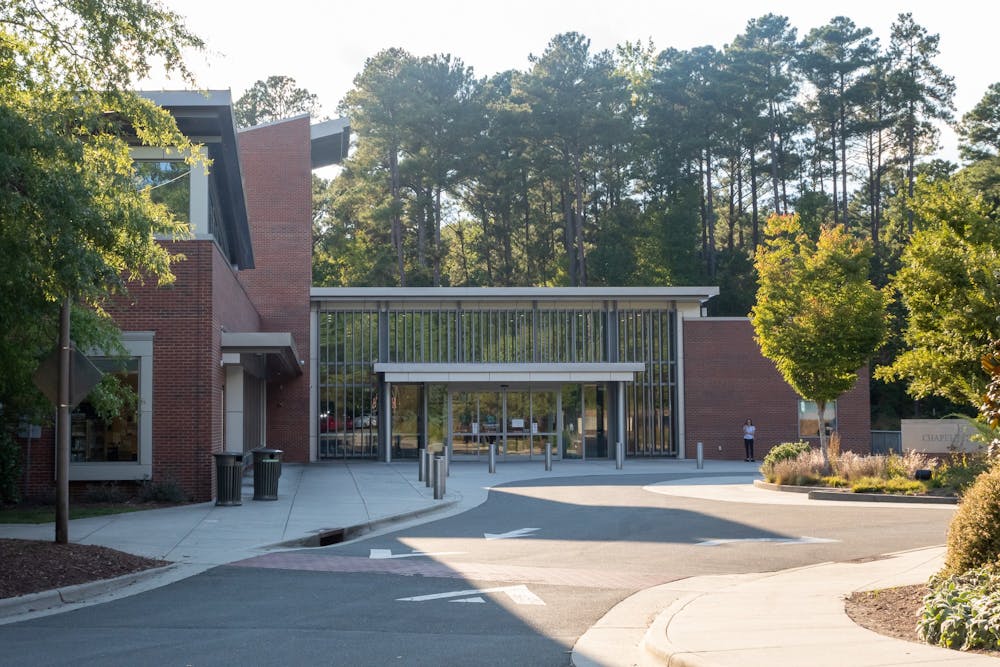The Orange County Board of County Commissioners met on Tuesday to discuss property tax appeal bias, funding for the Chapel Hill Public Library and updates to concerns over the opioid crisis.
What's new?
Christopher B. McLaughlin, an associate professor at the UNC School of Government, presented the results of the Orange County Property Tax Appeals Bias Study. He conducted the study to bring awareness to underrepresented and lower-income communities.
- Tax appeals usually result in a reduction in tax appraisals, which means that taxpayers who appeal are more likely to have their property appraised closer to market value than taxpayers who do not appeal.
- McLaughlin said the two main purposes of the study were to identify potential sources of systematic bias in the Orange County property tax appeal process and expand understanding of the 'assessment gap' for minority homeowners, identified by previous studies.
- The results of the study showed higher tax appeal rates in neighborhoods with higher median property values, and no other strong evidence of systemic bias in the appeal process.
- Additionally, there was not a strong correlation between property value and appeal results, or minority population on appeal rates and results.
- He said the next steps should include increasing outreach to taxpayers about the appeals process and repeating the study after the next reappraisal to identify any trends.
- “The most important part of this is that you, your staff, were willing to shine a spotlight on your processes,” McLaughlin said. “Because we can’t solve problems we don’t know about.”
Representatives from the Library Services Task Force, which included Chapel Hill Public Library Director Susan Brown, gave a report regarding issues related to funding for the Chapel Hill Public Library. They also want county residents who do not live in Chapel Hill to have access to a library account without paying an out-of-jurisdiction fee.
- The recommendation involved a phased approach that would incrementally increase funding and would make the policy extend over six years.
- Vice Chairperson Earl McKee asked how many residents who do not live in Chapel Hill use the library. Brown did not have an answer to McKee's question.
- “That would be pretty critical for me to know because of the size of the requested increase,” he said.
What decisions were made?
The board unanimously approved the resolution to submit transportation projects as a part of the Orange County Transportation Priority List for Strategic Prioritization Process 7.0/the fiscal year 2026-2035 State Transportation Improvement Program, after deliberation about what county issues should be prioritized moving forward.
- SPOT is the process that the North Carolina Department of Transportation uses to develop STIP. This system ranks each transportation-related project by merit with multiple different criteria.




